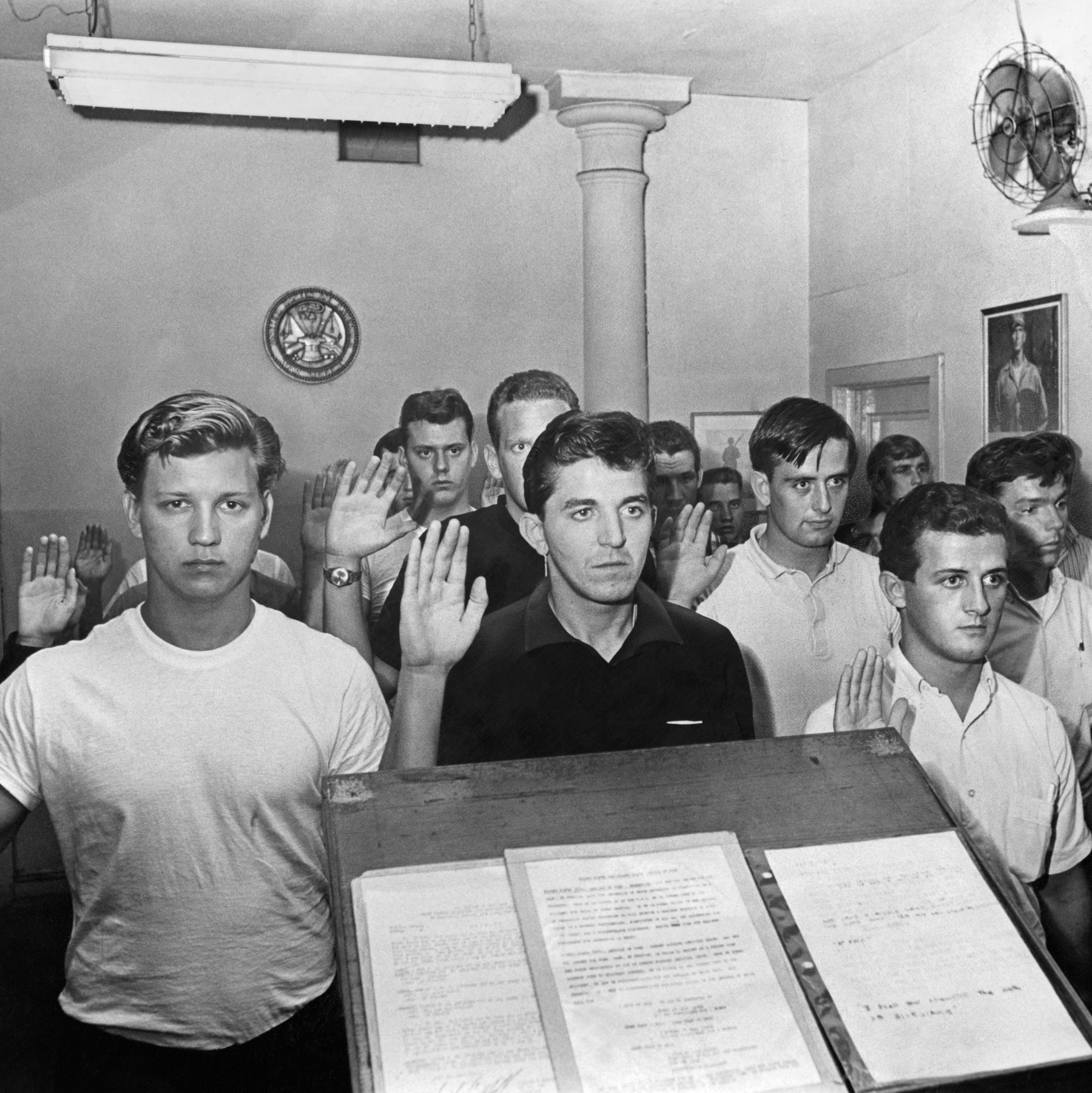Recent tensions between the United States and Iran have prompted many questions and concerns about the draft, also called the Selective Service System. The organization’s website crashed on January 3rd from an overwhelming surge in inquiries.
Let’s set the record straight:
- There is no active draft. There has not been an active draft in the U.S. since January 27, 1973 and the last draft call was December 7, 1972
- Most males in the U.S are still required to register with the Selective Service System on their 18th birthday. Immigrant males between the ages of 18 and 25 must register upon arriving in the country. Those holding non-immigrant visas are not required to register.
- The simplest way for college bound males to register is to check the “Register Me” box on the FAFSA. Checking the box does not make a student more likely to be drafted.
- Females are not required to register. The constitutionality of excluding women was tested in the courts. A Supreme Court decision in 1981, Rostker v. Goldberg, held that registering only men did not violate the due process clause of the Constitution.
- Individuals who are born female and changed their gender to male are not required to register. U.S. citizens or immigrants who are born male and changed their gender to female are still required to register.
- Failing to register is a felony, which could result in a fine of up to $250,000, five years in jail, or both. Other penalties include ineligibility for federal and state financial aid.
- The draft may be activated by an act of Congress signed into law by the President.
- A high school student may have his induction postponed until he graduates or reaches age 20, whichever occurs first. College students may be postponed until the end of the semester. If they are in their last academic year, they may be postponed until the end of that academic year.
- Conscientious Objectors (COs) may now opt out of military service on the basis of moral and religious grounds. Applicants must submit a written argument or personal appearance to the local board which will then decide whether to grant CO status. Those receiving CO will be assigned to alternative service. Those whose beliefs allow for military service in a non-combative role will serve in the Armed Forces but will not be assigned training or duties that involve weapons. Conscientious objectors opposed to serving in the military will be placed in the Selective Service Alternative Service Program. This program attempts to match COs with local employers. Many types of jobs are available, however the job must be deemed to make a meaningful contribution to the maintenance of the national health, safety, and interest.

